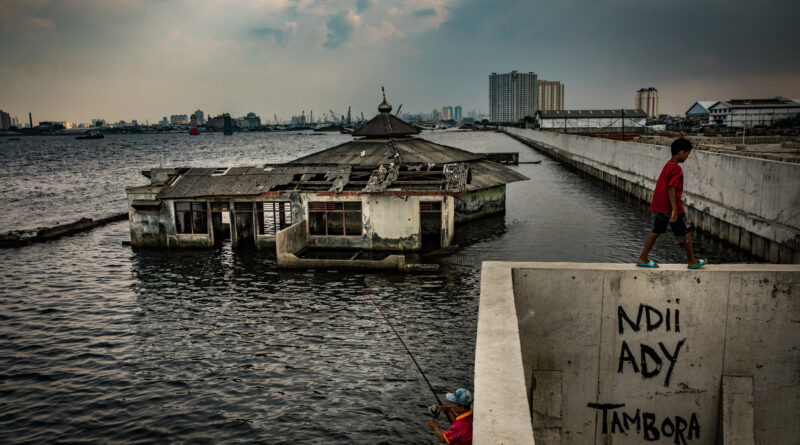Climate Crisis: Jakarta is Sinking and Key American Cities are Next
2050 used to seem far off, but in 2023 it is a mere 27 years away, or seven presidents, if you prefer to think about who may have to trade penny loafers for flippers and a snorkel at some key campaign stops in the United States.
As Americans slowly wake up to the fact climate change is wreaking havoc on our globe, other parts of the world have already taken note and are taking serious measures to mitigate the damage for its citizens.
In 2022, Indonesia’s Parliament voted to move its capital from Jakarta to the jungle of Kalimantan on Borneo island. The $32 billion project is one without its critics, but it is a necessary step to solve for the impact of climate change.
Jakarta is a megacity of 10 million people which suffers from congestion, floods, and air pollution plague its streets, while the sinking land poses a grave threat. It is estimated that one-third of the city could be submerged by 2050, leaving millions displaced and vulnerable.
But Indonesia isn’t alone.
As the earth continues to heat up at an unprecedented rate due to human-caused greenhouse gasses, scientists estimate by 2050, sea levels across the United States could have risen by an average of 10 to 12 inches. Causing parts of the country to be underwater. Cities like Miami, Florida, New Orleans, Louisiana, New York, New York, and San Francisco, California. These are just a few of the many cities which could be affected by climate change by 2050. If we do not take action now, millions of people could be displaced.
The urgency of the climate crisis cannot be overstated. We must recognize time is running out. Other nations have already begun taking bold steps to address the impending catastrophe, as seen in Indonesia’s decision to relocate its capital.
The move from Jakarta to the jungle of Kalimantan in Borneo may face criticism, but it is a necessary response to the devastating impact of climate change.
Indonesia’s decision to relocate its capital demonstrates a forward-thinking approach, a recognition that action is needed to protect its citizens from the ravages of climate change. They understand that in order to secure a sustainable future, ambitious projects must be undertaken. This should serve as a wake-up call to nations across the globe, urging them to prioritize environmental sustainability over short-term political gains.
It is essential to acknowledge that Indonesia is not alone in this battle. The United States, a nation renowned for its technological advancements and resources, must also take a leadership role in combating climate change. The projections for rising sea levels by 2050 paint a dire picture, with iconic cities like Miami, New Orleans, New York, and San Francisco at risk of slipping into the ocean.
We cannot afford to turn a blind eye to these warnings any longer. Our elected officials must work to prioritize climate change mitigation and adaptation measures. Hell, they may want to consider taking a page out of Indonesia’s playbook and begin to look into relocating the Statue of Liberty.
At the end of the day, the consequences of inaction are far greater than the sacrifices we may have to make. We owe it to future generations to protect our planet and ensure its survival. By taking decisive action today, we can pave the way for a sustainable and resilient future, where our cities thrive, and our environment flourishes.
The clock is ticking, and the time for action is now.
Originally written for and published on RealClear Energy

